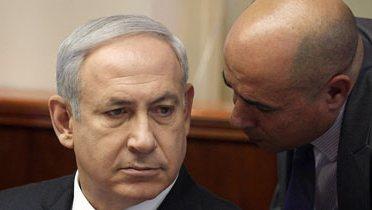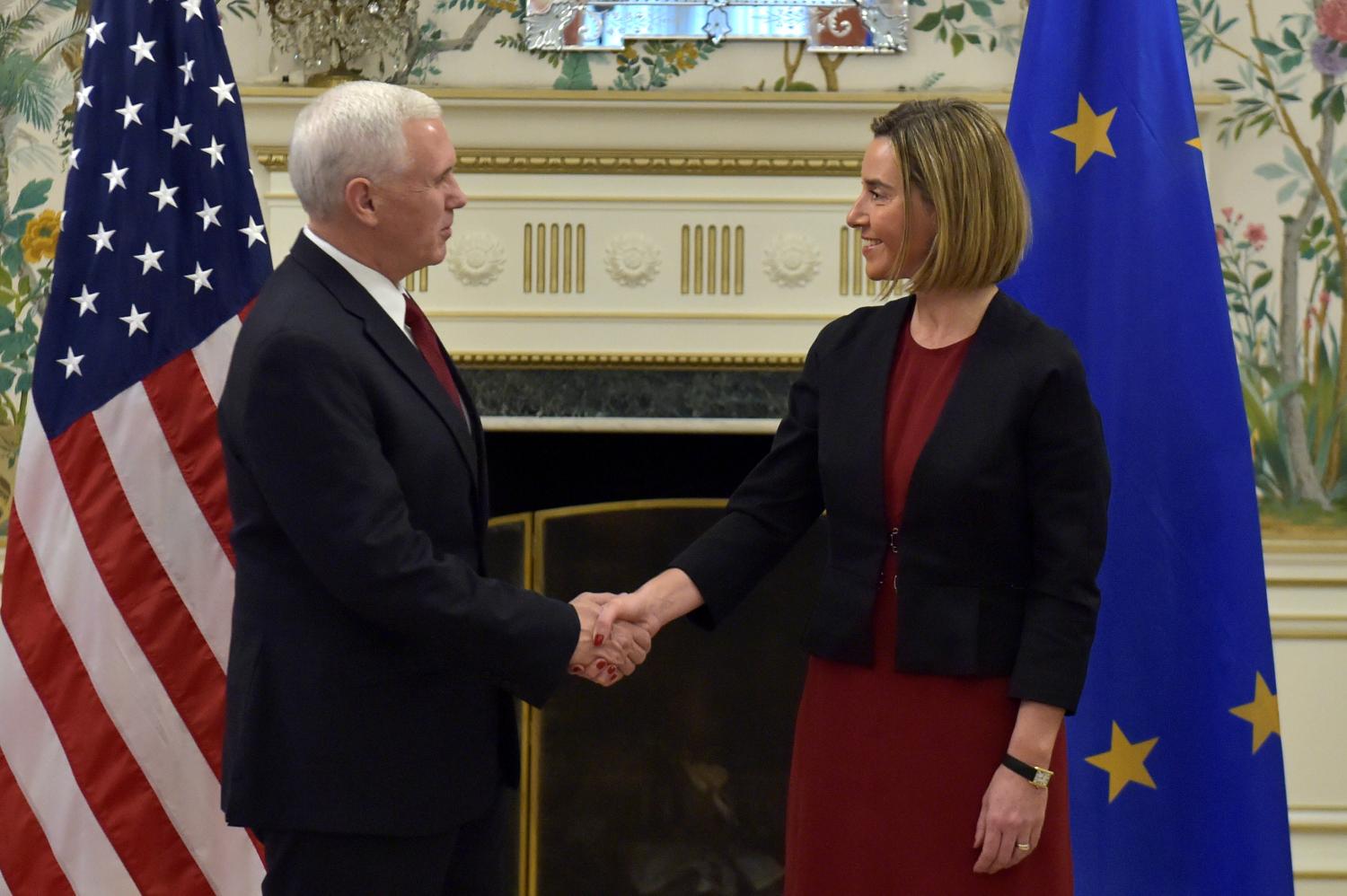I spent the week of June 19-25, 2011 in Jerusalem, Tel Aviv and Ramallah, participating in Israel’s President’s Conference and meeting with the Israeli and Palestinian leadership and other key players in Israel and the West Bank.
My conclusions:
1. Deck Chairs on the Titanic: Both leaders appear to be at high points in their troubled careers. Netanyahu’s governing coalition is stable, he is relatively popular, the Israeli economy continues to grow at an impressive pace, violence is way down, and life is good for most Israelis. On the other side, Abu Mazen is even more popular, the Palestinian economy is also growing, discontent seems contained, and a facade of Fatah-Hamas unity has been constructed. Compared to the chaos that surrounds them, Israelis and Palestinians are doing quite well, and their leaders seem to face little pressure to change their ways. But, as one prominent Israeli economist related, “It’s all fine…until it isn’t.” And that’s the point: beneath the surface calm, both sides seem to be quite anxious that their comfortable cruise line is about to hit the iceberg.
2. Netanyahu’s Politics: The Israeli government’s stability is a product of parochial considerations by the leaders of the coalition parties. Their calculations could change quickly but for the moment it looks like Netanyahu’s government will see out most of its four-year term, defying the law of Israeli coalition politics that leads to coalitions collapsing in their third year. However, the political reemergence of former Shas leader Arie Deri has the potential to change everything. Polls show him gaining 9 seats if he splits with Shas, which could give Tzipi Livni’s Kadima party a “blocking coalition” of 62 seats, enabling her to form a government that would leave Likud out but probably have Lieberman in. This iceberg looms larger for Netanyahu than the one at the UNGA in September.
3. Relations with the United States: Netanyahu seems to realize that he now needs to repair the damage done to his relations with President Obama by his confrontational appearance in the Oval Office. Although he feels he was blind-sided by Obama’s speech and its reference to the 1967 lines, he understands the importance of the United States to Israel, especially as it faces Palestinian efforts to isolate it internationally. Notwithstanding his concerted efforts to undermine Palestinian tactics at the UN, he knows in the final analysis Israel is dependent on an antagonized Obama to cast the U.S. veto.
As a consequence he now seems ready to accept the president’s formula for negotiations based on the ’67 lines plus agreed territorial swaps but he would like mutual recognition of a Jewish state and a Palestinian state declared as the goal of the negotiations. As one adviser put it: “We are ready to accept the Palestinians’ territorial requirements but we need them to accept our existential requirements.”
4. Abu Mazen’s Calculus: Contrary to some press reports, Abu Mazen does not seem to have reconsidered his strategy of UN action. Since he does not believe that Netanyahu is serious about negotiations, the sense that Obama is now walking away from the effort to restart them only reinforces his assumption that nothing good will come from going back down that road. In comparison, UN action is mostly gain with little pain. He can sense the pressure it is putting on all the parties. He has Hamas where he wants them too, ensnared in a unity agreement that will not be implemented. And by vowing undying loyalty to Salam Fayyad, Abu Mazen has managed to pin on him the blame for lack of progress in the unity negotiations. In the meantime, he has successfully banished his arch-rival Dahlan, boosting his own approval rating to over 70 percent. Reports of his intention to resign are belied by the reality that for the moment at least he is riding high. But one senses that Abu Mazen’s apparent confidence masks a real concern about a strategy that leads to a confrontation with the United States at the UN, and risks sparking a Palestinian uprising that he will not be able to control. The halving of civil service salaries, which Salam Fayyad has now announced because the PA faces a budget shortfall of $250 million, could also fuel discontent. That is why Abu Mazen repeatedly stresses that he would prefer negotiations if he had some confidence they would be serious.
5. What is to be Done? Given the underlying anxiety of both leaders, signaling to them that the president is only prepared to engage when they both get serious has its uses. The more they feel the president’s cold shoulder, the more they may be willing to accept the terms for negotiations he outlined in his May 19 speech. While useful as a tactic, however, it should not be turned into a strategy of benign neglect because that will have escalating costs—Quartet activism, UN vetoes, and a reinforced perception of waning American influence in the region. Thus a serious pause is in order but is no substitute for a policy of “responsive engagement” to relaunch negotiations when the two leaders have shown sufficient flexibility to make this possible. In the meantime, it is essential that the administration resist getting sucked into pre-negotiation of additional language or side-letters. The response to their entreaties should be clear and consistent: if you want to negotiate on the basis of the president’s speech, we’re ready actively to support that. But we will not reenter the bazaar to pay you for negotiations that are in your interest.
The Brookings Institution is committed to quality, independence, and impact.
We are supported by a diverse array of funders. In line with our values and policies, each Brookings publication represents the sole views of its author(s).





